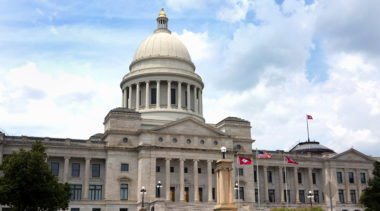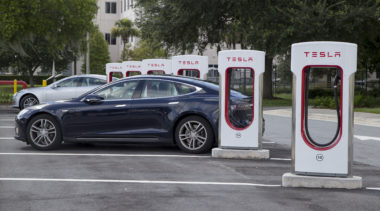-
Marijuana Business Insurance: Another Hurdle For Entrepreneurs
The current regulatory landscape has resulted in business owners who are hesitant to purchase insurance and few companies willing to provide insurance.
-
Answering Frequently Asked Questions About COVID-19 and Public Pensions
This resource, designed for state legislators and staff, will assist in answering crucial questions regarding how the pandemic and resulting market conditions have affected state sponsored public pension plans.
-
Working Paper: Does Compulsory Schooling Affect Innovation? Evidence from the United States
We consider how the initial adoption of compulsory schooling affected state-level rates of patenting and real output per worker, finding declines in both once the originally affected cohorts reach middle age.
-
Frequently Asked Questions About Chloroquine and Hydroxychloroquine In Treating Covid-19
Our approaches to defeating the coronavirus should be given the greatest degree of regulatory freedom possible, leaving life and death treatment options to the physicians and their patients.
-
Working Paper: An Evidence-Based Approach to Fighting the Coronavirus Pandemic
"A realistic plan for unlocking society must be found. Urgently. This brief seeks to offer elements of what such a plan might look like, based on evidence from actions taken in many jurisdictions."
-
Arkansas Teacher Retirement System Pension Solvency Analysis
Investment returns failing to meet unrealistic expectations has been the single largest contributor to unfunded liability growth, adding $1.9 billion in debt to ATRS since 2000.
-
The “New Normal” In Public Pension Investment Returns
The primary culprit of growing pension debt has been the across-the-board investment underperformance of pension assets relative to plans’ own return targets.
-
Are Charter Schools Safer Than District-Run Schools? Evidence From Pennsylvania
This study finds that public charter schools generally report fewer school climate problems than district-run public schools in Pennsylvania.
-
The Economic Consequences of Fuel Economy Standards
This is the fourth in a series of briefs explaining and evaluating Corporate Average Fuel Economy (CAFE) and zero-emissions vehicle (ZEV) standards.








